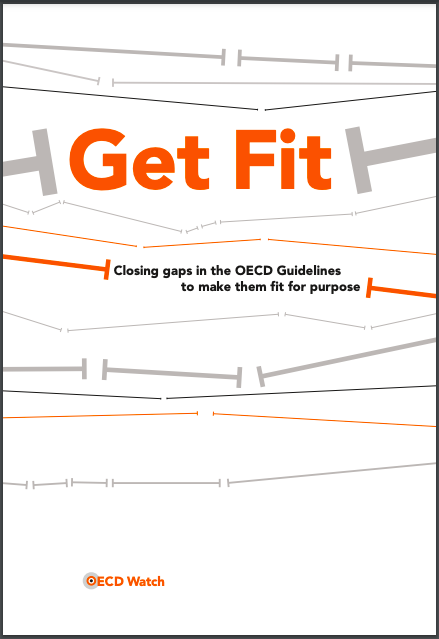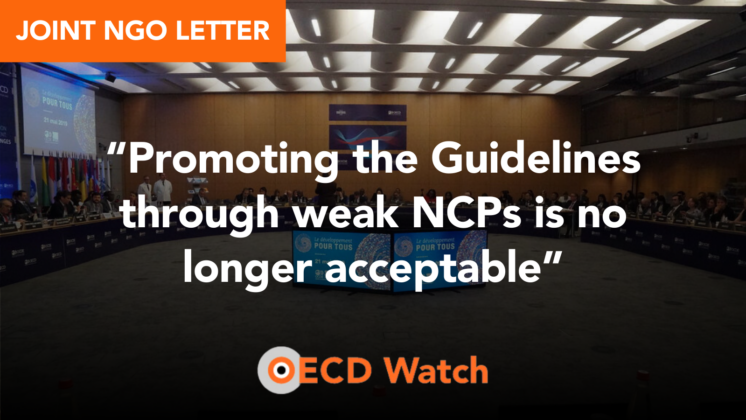Why and how to resolve gaps in the Guidelines on standards for businesses and expectations for National Contact Points
A new paper by OECD Watch explains why and how gaps in the OECD Guidelines for Multinational Enterprises should be closed to ensure they remain fit for purpose.
The OECD Guidelines are currently not fit for purpose. The standards they set for multinational enterprises (MNEs) are outdated and incomplete, missing major and pressing societal issues such as climate change, digitalization, tax avoidance, land rights, and security for human rights defenders. Further, the expectations they set for National Contact Points (NCPs) are inadequate, yielding mechanisms that are widely divergent in their structures, promotional activities, and complaint-handling procedures – and thus their accountability, impartiality, and effectiveness in facilitating remedy and encouraging good business conduct.
Drawing on insight from global civil society groups and OECD Watch’s database of NCP complaints and evaluations, this paper discusses leading challenges in the field of business and human rights, identifies gaps in the Guidelines that make them unable to address those challenges, and suggests practical revisions that will ensure the Guidelines become fit for purpose as the leading, consolidated global standard on Responsible Business Conduct.
OECD Watch submission on Guidelines stocktaking
Please also see OECD Watch’s submission to the first draft of the OECD’s stocktaking report that assesses whether the Guidelines are fit for purpose and whether there are gaps in their standards for MNEs or expectations for NCPs.














